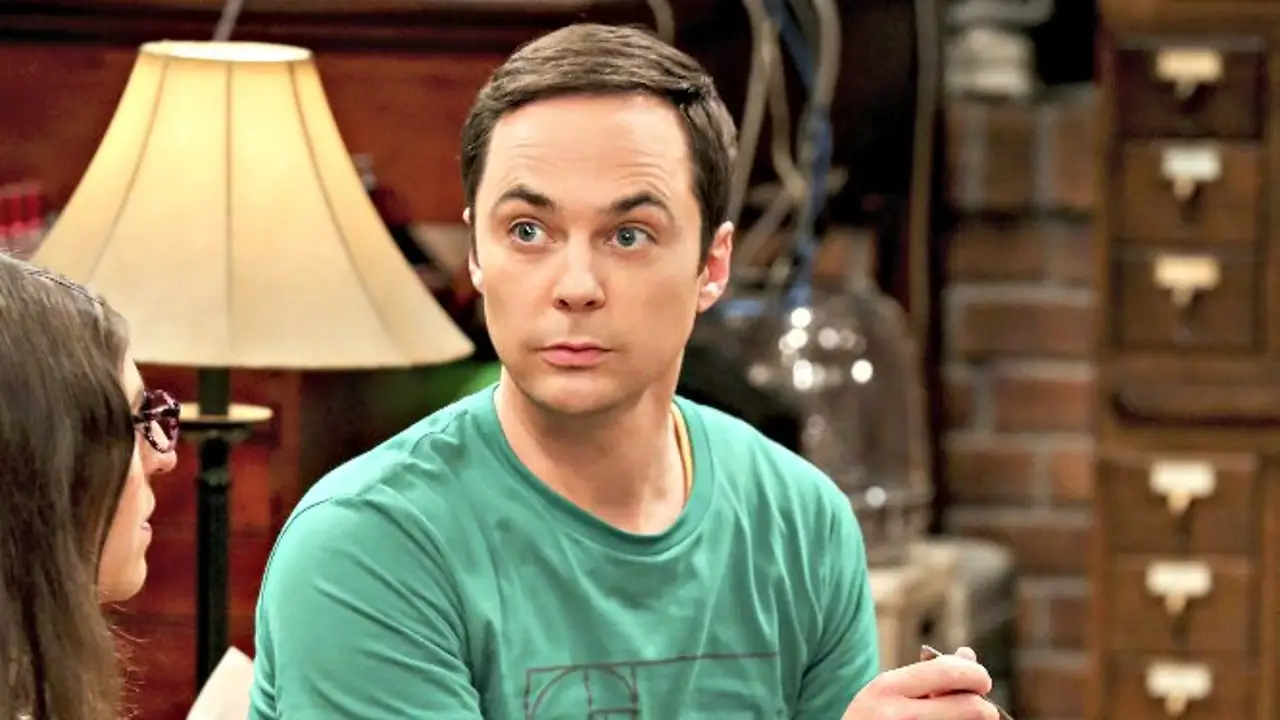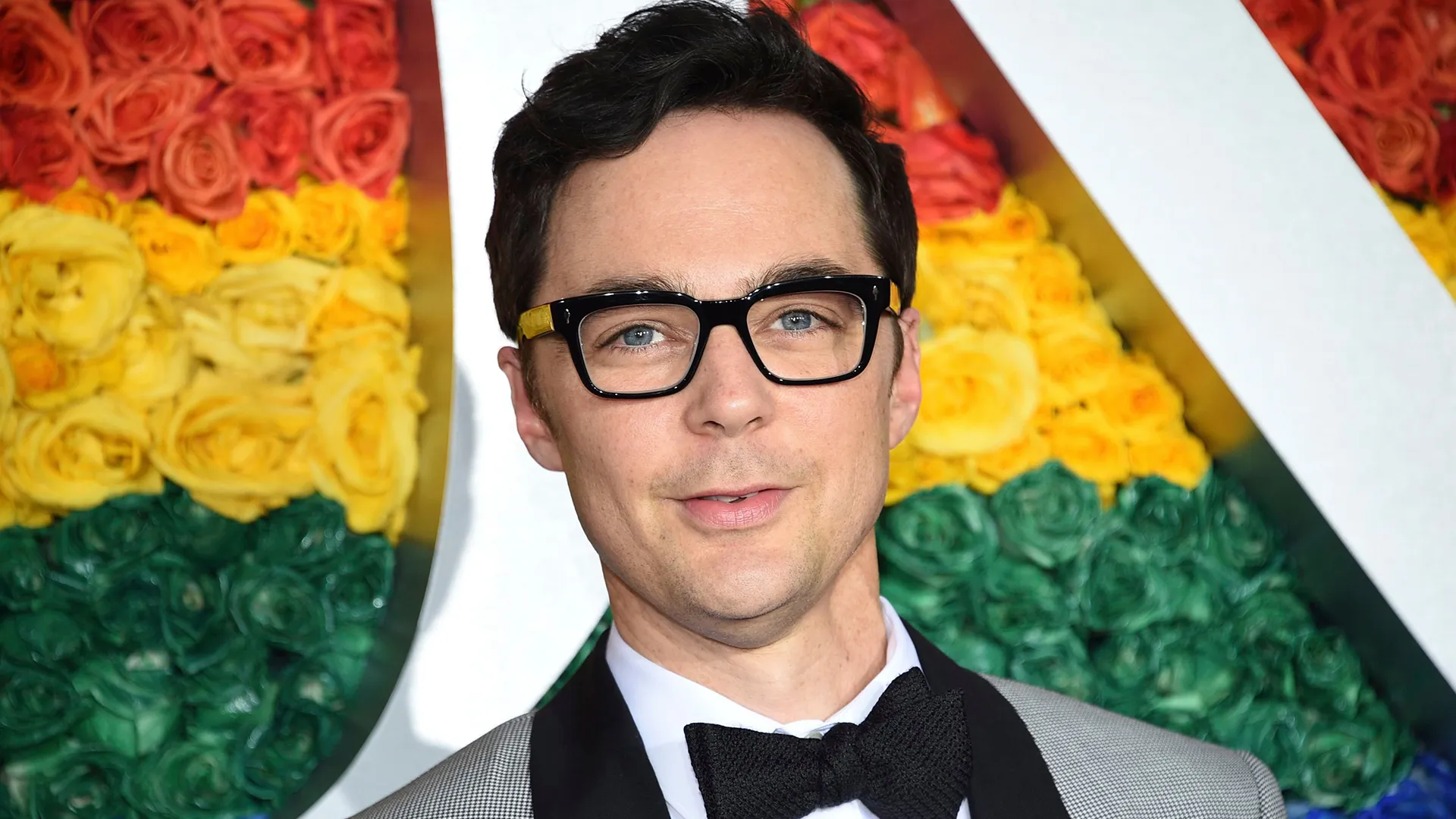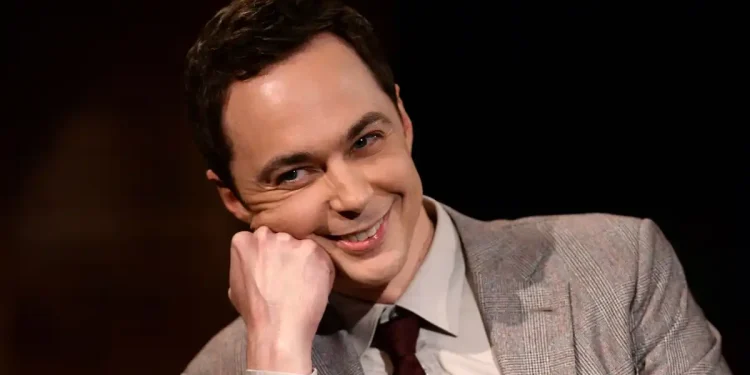In the vast universe of sitcoms, few have managed to capture the hearts of geek culture as profoundly as “The Big Bang Theory.” Over its impressive twelve-season run, the show cleverly interwoven the idiosyncrasies of nerd humor with relatable life scenarios, guided by the peculiar yet endearing Sheldon Cooper, played by Jim Parsons. Notably, Sheldon’s consistent choice to don DC superhero costumes rather than those from Marvel during pivotal episodes has sparked curiosity and debate among fans. But why is that?

The Behind-the-Scenes Battle of Comics
At first glance, Sheldon’s predilection for DC characters, especially during events like San Diego Comic-Con and Halloween parties, appears to be a mere preference. However, a deeper dive reveals that legal intricacies played a significant role in these costume decisions. “The Big Bang Theory,” a brainchild of Warner Bros., found it easier to feature DC costumes due to the direct ownership connection. This ease of access contrasts sharply with the legal hurdles that would have accompanied the use of Marvel characters, which are outside the Warner Bros. family.
This arrangement meant that while the characters could enthusiastically discuss Marvel heroes and even meet legendary Marvel comic writer Stan Lee in the memorable episode “The Excelsior Acquisition,” they could not dress as them without navigating a maze of copyrights and trademarks.

Why The Flash Holds a Special Place for Sheldon
Sheldon’s affinity for The Flash transcends the convenience of copyrights. It taps into a deeper, more personal narrative that resonates with his childhood experiences. As revealed by one of the show’s writers, Steve Molaro, during a panel at Comic-Con, Sheldon’s choice is deeply emotional and psychological.
“Sheldon likes The Flash because, when he was growing up, he was bullied and picked on a lot. And The Flash is a superhero who’s really good at running away,” Molaro explained.
This revelation adds a layer of depth to Sheldon’s character, showing how his childhood traumas influenced his adult life, manifesting in his choice of hero—a character who could escape trouble with superhuman speed.

Legacy and Continued Popularity
“The Big Bang Theory” not only provided viewers with laughs but also created a space where geek culture could see itself reflected in mainstream media with authenticity and affection. The show’s enduring popularity, evidenced by high ratings on platforms like IMDb and Rotten Tomatoes, speaks volumes about its impact. It also laid the groundwork for the successful spin-off “Young Sheldon,” where Jim Parsons returns to narrate the childhood of his iconic character, further exploring the nuances that made Sheldon Cooper a household name.
In conclusion, while it may seem like a minor detail, Sheldon’s exclusive use of DC costumes in “The Big Bang Theory” offers insights into both legal boundaries within the entertainment industry and the intricate layers of character development that contributed to the show’s success. It’s these thoughtful details that elevate the series from merely amusing to genuinely memorable, securing its place in the annals of television history.









